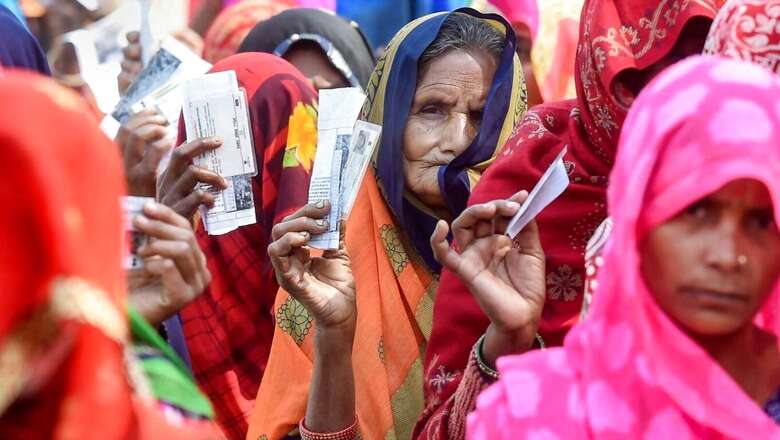
views
Who influences politics? Merely public, funders, media, leaders and cadres? If you see closely, there are other invisible agencies, which have also emerged in recent time in our democratic politics who influence the opinion of people during elections.
One important agency, which has a clout over politics is “philanthropists” who do ‘Sewa’ or social support activities in underdeveloped regions and acquire public goodwill, which may be converted sometimes into political capital. Various religious sects, social support organisations, civil society groups, NGOs have their network among people, which, in turn, may influence electoral politics at a local level.
In Gujrat politics, we can see how such social, religious and economic groups influence politics. A new process has emerged of accumulating political capital through various CSR-based (corporate social responsibilities) social activities by various small and big industries. It may be not in a planned way but a political byproduct of social activities by various business groups in underdeveloped zone may influence political choice of the people.
Gujarat, which is a hub for business and entrepreneurial activities, will go to polls in a few months. Amidst big corporate houses, Gujarat has been seeing medium- and small-scale industries flourishing in a big way in the last few decades. These business and industrial activities are located in the various regions of Gujarat.
If someone sees the economic history of Gujarat, one may find that the state has economic activities around diamond and salt. The cloth, handicraft, automobile and other industries are located in the state and acquired the capacities to earn impressive benefits. Some of the percentages of these earnings go in the CSR and have been used in different social support activities such as skill training, livelihood sector, enhancing entrepreneurship, modernising horticultural initiatives, education, health, digital empowerment.
Many of these companies work in the interior and underdeveloped areas of the state. Their social support activities involve goodwill, which creates influences among local communities. It is true that their influences are scattered but in a limited way they provide power in local politics. However, business groups make a lot of restrictions for themselves, and the NGO groups work with them on social support projects to keep distance from any kind of politics but some of them may use these political influences directly or indirectly in local politics. Through this social and developmental intervention, an alternative structure of influence may emerge.
If someone maps these small, medium and big business houses in Gujarat, one may find that many of them are working in hundreds of villages in the state. Some of these economic units intervene in the process of development and change directly but many of them involve NGOs and Sewbhavi organisations for doing social support works among impoverish and underdeveloped communities. In this process, another level of agency of socio-political influence in the form of NGO activists emerges.
Some of the NGO activists may have their political ambitions, which may lead to them influencing public opinion during elections. Some of them may emerge as cadres and leaders and may join competing political party. Many local NGOs, which emerge from social-developmental works, have joined the Aam Aadmi Party in Gujarat, which is perfect example to show how various developmental and social support activities connect with politics in direct or indirect way.
It is true that business groups either big or small usually escape from doing politics, but they have an influence at different levels, which is not only growing due to funding or donations, but they are acquiring a new kind of hegemony through their social support activities in rural areas and underdeveloped zones.
It is obvious that many government agencies and corporate houses who do CSR among marginal social groups restrain themselves from being political but many NGOs may have no such self-restrictions. Some of them may successfully transform their social and developmental influence political.
So, I see the emergence of new political structure in states like Gujarat, which has the capacity to transform their economics into politics.
Badri Narayan is Professor and Director at GB Pant Social Science Institute, Prayagraj, and author of ‘Republic of Hindutva’. The views expressed in this article are those of the author and do not represent the stand of this publication.
Read all the Latest Opinions here










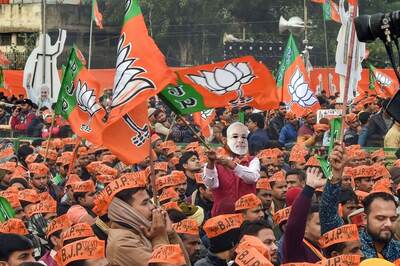




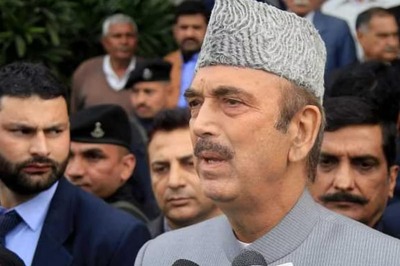
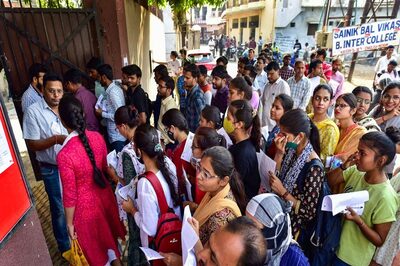
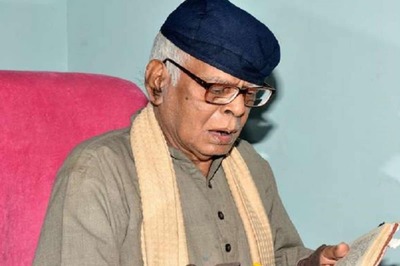


Comments
0 comment